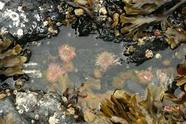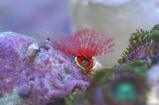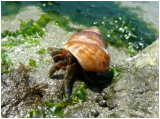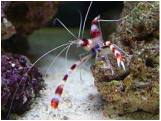- Home
- About/Blog
-
The Tea Book
- The Road Back to Civilization
- A Brief History of Tea
- Philosophy of Tea >
- Guidelines for the Host/Hostess >
- Guidelines for the Guest >
- A Checklist for Planning a Tea Party
- Teas of the World and How to Make Tea >
- Tea Utensils and Accessories >
- Tea Menu Basics >
- Afternoon Tea and the Four Seasons >
-
A Calendar of Tea Parties
>
- January: A Japanese New Year’s Tea
- February: A Valentine’s Day Tea
- March: A St. Patrick’s Day Irish Tea
- April: An Easter Tea
- May: A Mother’s Day Tea
- June: A Wedding Reception Tea >
- July: A Picnic Tea
- August: A Family Reunion Tea >
- September: An Ozark Farm Harvest Tea
- October: A Tea to Honor Our Ancestors (Dia de los Muertos)
- November: A Post Thanksgiving Tea
- December: A Christmas Tea >
- A World of Tea Parties >
- Afternoon Tea for Special Occasions >
- Purchase Recipes
- Resources






